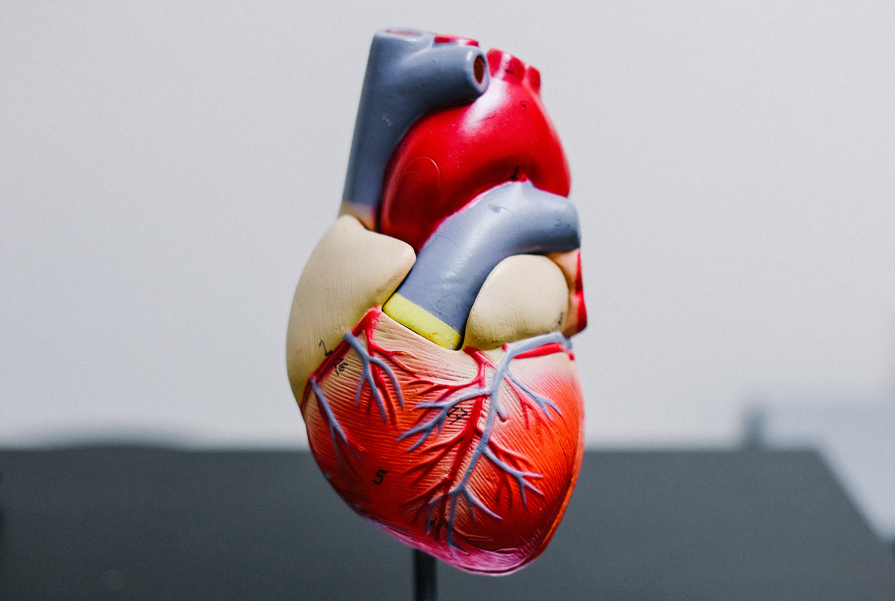An international study of patients around the world has found links between COVID-19 and strokes
Early studies involving COVID-19 patients from 18 countries around the world has found that strokes can occur in those diagnosed with or presumed to have contracted the novel coronavirus behind the disease. An international team led by neurologist Adnan Qureshi from the University of Missouri School of Medicine found that COVID-19 patients can experience increased clotting, which increases their risk for stroke.
The researchers found that young patients without any risk factors for stroke prior to contracting the virus experienced clotting in the arteries of the brain and strokes, which was “presumably related” to COVID-19 infection, they said.
On average, patients who experienced strokes had them 10 days after contracting the virus. However, in some cases, researchers found that the stroke occurred before the appearance of the more familiar symptoms such as fever, a dry cough, and fatigue.
“People may come to the emergency department with stroke, and that may be the initial manifestation of COVID-19 infection, which puts a clear burden on providers because now you may not know if the patient you are evaluating for stroke may actually have underlying COVID-19 infection,” Qureshi said.
As a result of the study, Qureshi has issued 40 recommendations to health-care providers, which include wearing the proper personal protective equipment when dealing with stroke patients and doing chest scans while carrying out CT scans to check for clotting in the brain.
Since asymptomatic people can still carry and spread the virus, the same precautions taken with suspected or confirmed COVID-19 patients should also be followed with stroke patients, the study warned.
“The purpose of these recommendations is to provide a step-by-step guide of how to manage these patients. The modifications we suggest have implications for the health of patients, but also the health of those who are involved in their care,” Qureshi said.
Those who have suffered a stroke throughout the pandemic should also consider whether they had other symptoms that could indicate a COVID-19 infection and get tested if that’s the case, he said.
Photo: iStock/Mohammed Haneefa Nizamudeen.






